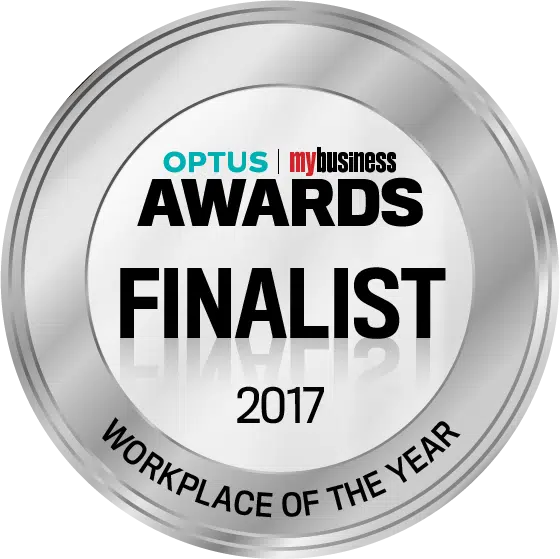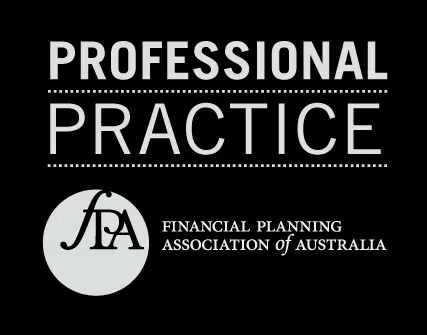Running a business is challenging enough without having to chase your accountant for answers. Yet for many growing businesses, this scenario becomes all too familiar. The question isn’t whether you need accounting support; it’s whether your current accountant can keep pace with your ambitions.
So, how do you know when it’s time to make a change?
The Warning Signs Are Often Obvious
According to Andrew Pearce, Director at Collins SBA, the signs are usually clear. “Usually, it’s just a lot of accountants out there are sole operators, or small firms where they have lots of clients that probably have smaller fees,” he explains. “They don’t have a lot of time to give them that care and love, especially during tax season.”
The result? Business owners find themselves in reactive mode, always having to initiate contact rather than receiving forward-thinking guidance. “They don’t get that proactiveness,” Andrew notes. “They don’t hear from their accountant. They’ve always got to go to them and have questions for them.”
Beyond Basic Compliance
Many traditional accounting relationships are built around basic compliance: lodging tax returns, submitting BAS statements, and little else. But growing businesses require more than paperwork processing.
“Often it’s sort of like, look, I just don’t have the time to dive into that sort of detail for you,” Andrew says, describing what he hears from clients about their previous accountants. “It’s like, yes, I can lodge your BAS, I can lodge your tax return, I can do something quick, but I can’t sit down and do a project with you.”
This limitation becomes particularly problematic when businesses face major decisions, such as acquisitions, restructuring, or strategic planning. The response is often: “If you’re going through an acquisition, you’re on your own. Go and talk to a lawyer or someone else.”
When Growth Outpaces Your Current Support
Several financial milestones often trigger the realisation that it’s time for a change:
Surprise Tax Bills: When profit doesn’t translate to available cash, tax bills become unexpected burdens rather than planned expenses.
Employment Growth: Adding staff brings new compliance requirements and opportunities for strategic entity design that basic tax agents often can’t navigate.
Framework Limitations: Many businesses start with simple setups chosen for cost rather than strategic value. As the business grows, these arrangements can become tax-inefficient and risky.
“I think for some of them it’s like they may have started already and they’ve started in a fairly basic way with limited advice and in a cheap sort of way,” Andrew explains. “Often what you find is that the setup has been designed just with pure tax in mind or cheap cost in mind.”
The Cost of Standing Still
The consequences of not upgrading your accounting support extend beyond immediate frustrations. Andrew identifies three key risks:
- Higher Tax Burden: “The consequences usually will mean they’re either paying more tax, not growing their wealth as fast as they should.”
- Unnecessary Risk Exposure: Poor entity design can expose personal assets to unnecessary business risks.
- Limited Exit Options: “They’re going to get to this end event, this succession event, where they want to sell their business, and they’re either not going to realise it for the right amount or they’re going to pay more tax on the sale event than they expected.”
A Real-World Example
A machinery hire business owner came to Collins SBA feeling stuck. They owned multiple commercial properties and a trading business, all organised simply in joint names with minimal tax planning.
Through strategic restructuring involving self-managed superannuation, the team was able to deliver “something like 30 grand a year tax savings into perpetuity,” while helping the client become debt-free and position for retirement.
“The cost of us giving them some advice to actually roll this project out would pay for itself in no time at all,” Andrew explains. “Probably pay for itself in the first year.”
What Professional Growth Looks Like
A relationship with the right accounting firm should feel more like a partnership than a service transaction. At Collins SBA, this means:
Strategic Communication: Regular check-ins before busy periods, not just annual meetings after the fact.
Future-Focused Planning: Moving beyond compliance to forward-thinking advice that supports growth objectives.
Integrated Team Approach: Access to financial planning, business coaching, and specialist services when needed.
“We price things up front in advance for the client,” Andrew notes. “They know exactly what it’s going to cost them for the known sort of work. They know the time expectations.”
Making the Transition
Recognising you’ve outgrown your current accountant is the first step. The next is finding a firm that can grow with you rather than simply maintaining the status quo.
“I think it really is about building the right team to surround you, to help you achieve your goals and aspirations,” Andrew emphasises. “One of our bylines is clarity, confidence and control. And that’s what we aim to achieve. Everyone who comes in the door walks out with greater clarity, more confidence, and they feel in control of their financial life.”
For business owners who feel isolated in their financial decision-making or frustrated by reactive rather than forward-thinking support, it may be time to consider whether your current accounting relationship is holding back your growth potential.
The question isn’t whether you can afford to make a change, it’s whether you can afford not to.
If you feel like you’ve outgrown your accountant, you can get in touch with Andrew at apearce@collinssba.com.au or call 1300 265 722 to book a chat.






















